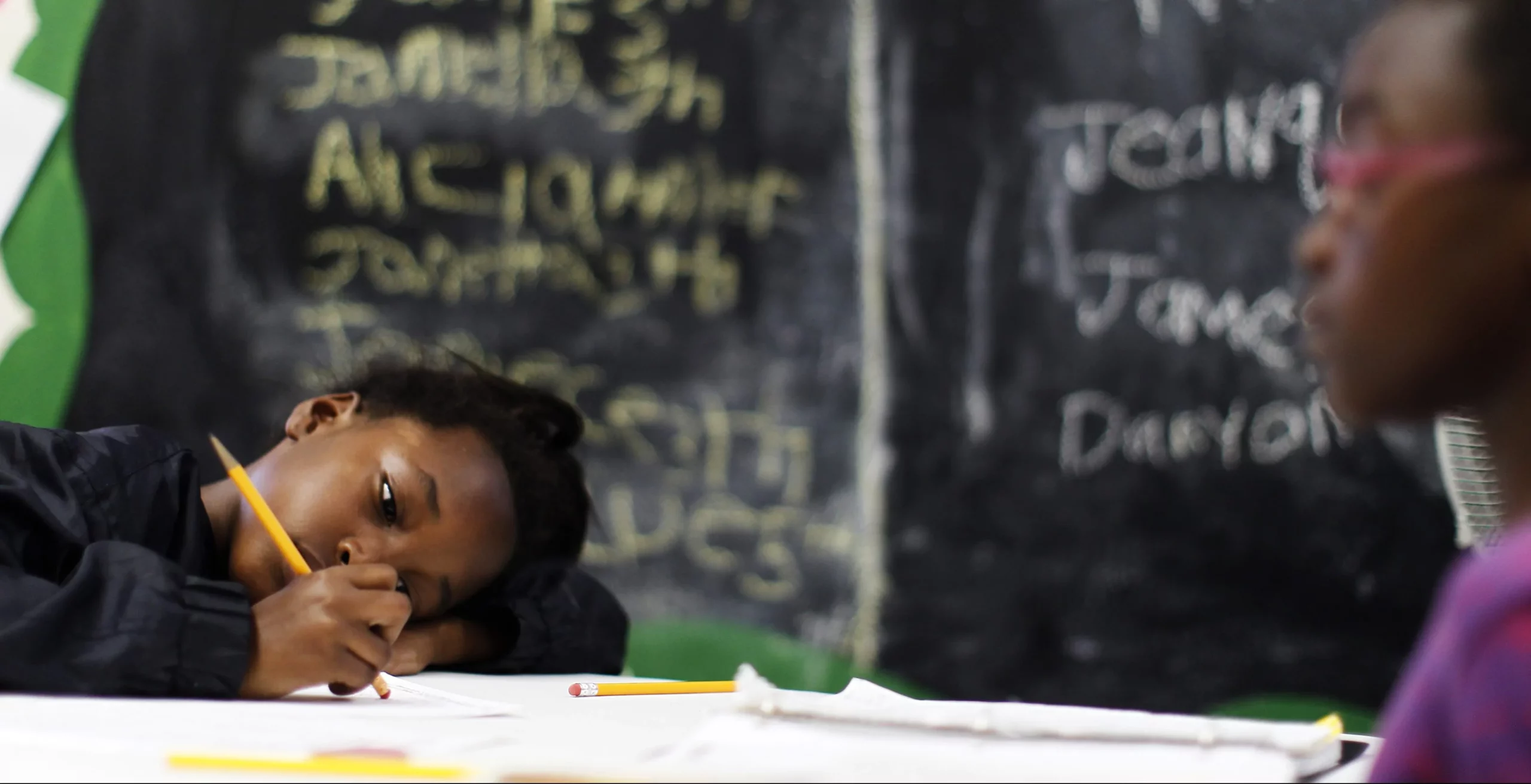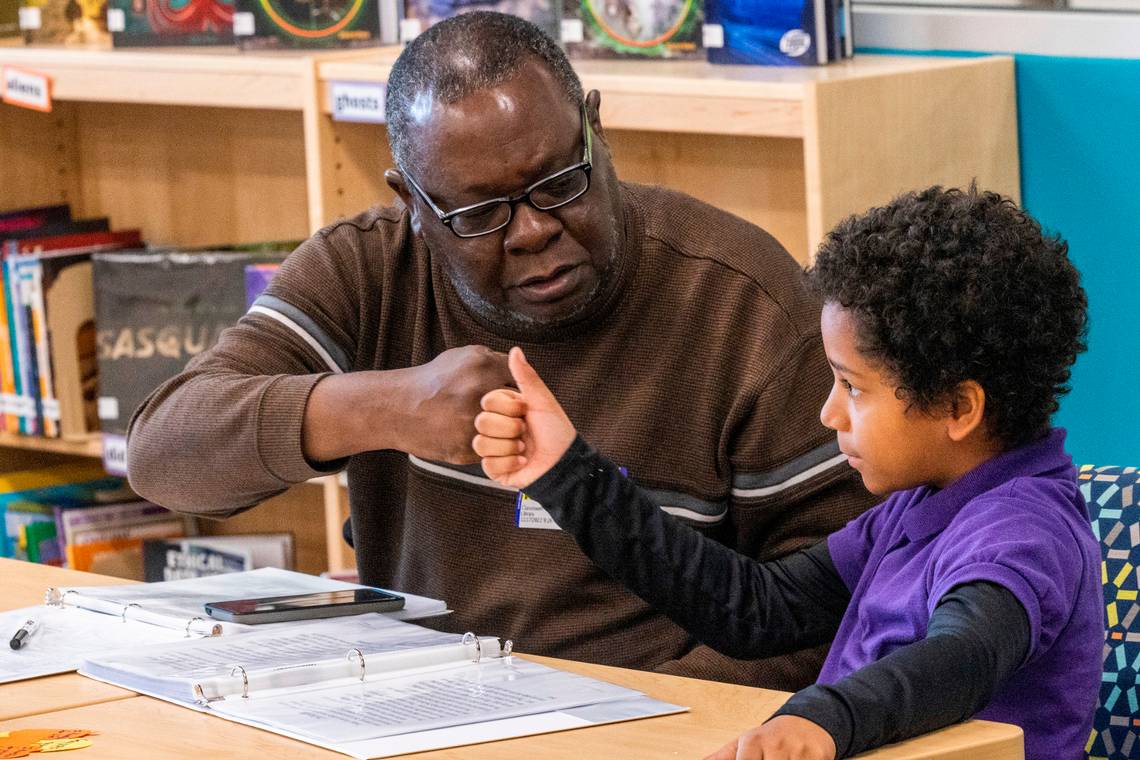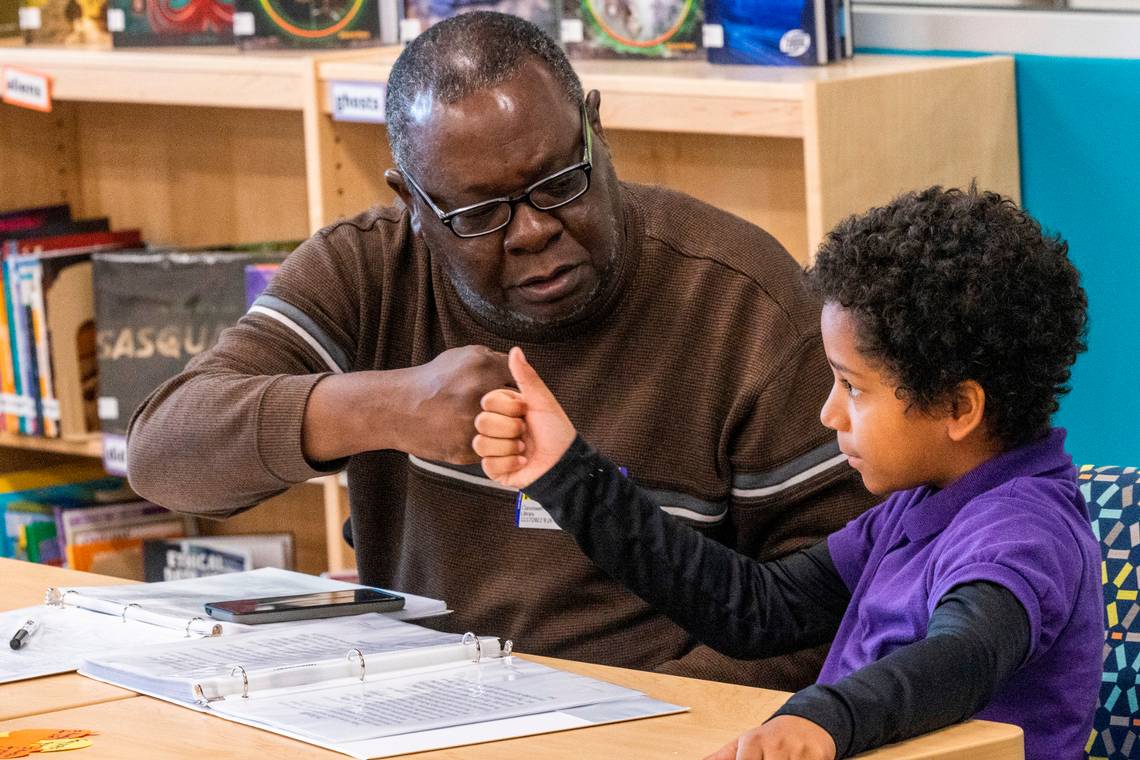In today's fast-paced educational environment, it's essential to provide students with individualized attention to ensure their academic success. One of the best ways to achieve this is through student tutoring services, which can offer personalized guidance and support to students. However, it's not enough to simply provide academic assistance; it's crucial to build relationships with students to establish trust and promote learning.
At CIS Jax, we understand the importance of building relationships in student tutoring programs, particularly in our literacy programs. In this blog post, we will explore why building relationships is crucial in student tutoring programs and how it can enhance student learning.

1- Establishing Trust:
Building relationships with students is essential in establishing trust. When students feel comfortable with their tutors, they are more likely to be receptive to feedback and guidance. This trust allows for open communication between the student and tutor, which is essential in identifying and addressing academic challenges. Additionally, when students trust their tutors, they are more likely to engage in the learning process and take ownership of their education.
2- Individualized Attention:
Student tutoring services programs offer individualized attention, which is crucial in addressing the unique needs of each student. However, building relationships takes this individualized attention to the next level. When tutors take the time to get to know their students, they can tailor their approach to meet the specific needs of each student. This approach can help students feel valued and supported, which can lead to improved academic outcomes.
3- Promoting Learning:
Finally, building relationships is essential in promoting learning. When students feel comfortable with their tutors, they are more likely to take risks, ask questions, and engage in the learning process. This can lead to a deeper understanding of the subject matter and improved academic outcomes. Additionally, when tutors build relationships with students, they can help promote a growth mindset, which is essential in helping students overcome academic challenges.
4- Boosting Confidence:
In addition to the academic benefits, building relationships in student tutoring and literacy programs can also boost student confidence. When students feel valued and supported, they are more likely to believe in themselves and their abilities. This can lead to improved self-esteem and confidence, which can have a positive impact on all aspects of their lives.
5- Addressing Non-Academic Needs:
Finally, building relationships in student tutoring programs allows tutors to address non-academic needs that may be impacting a student's performance. When tutors take the time to get to know their students, they can identify and address factors that may be hindering academic progress, such as social or emotional issues. By addressing these needs, tutors can help students feel more comfortable and supported, which can lead to improved academic outcomes.

6- Fostering a Love for Learning:
When students feel a connection with their tutor, they are more likely to enjoy the learning process. Building relationships in student tutoring programs can help foster a love for learning by making the experience more engaging and enjoyable. When students are excited about learning, they are more likely to retain information and make progress.
7- Encouraging Accountability:
In addition to fostering a love for learning, building relationships in student tutoring programs can also encourage accountability. When students know that their tutor cares about their success, they are more likely to take their studies seriously and put in the necessary effort. This can lead to improved academic performance and a greater sense of personal responsibility.
8- Creating a Support System:
Finally, building relationships in student tutoring programs can create a support system for students. For many students, academic struggles can lead to feelings of isolation and frustration. By building relationships with their tutors, students have someone to turn to when they need help or support. This can help students feel more connected and supported, which can have a positive impact on their mental health and well-being.
9- Long-Term Benefits:
Building relationships with students in a tutoring program can have long-term benefits. As students progress through their academic careers, they may encounter new challenges and obstacles. However, a strong relationship with a tutor can provide ongoing support and guidance, helping students to navigate these challenges and achieve their goals. Furthermore, a positive tutoring experience can instill a love of learning and a desire to continue learning beyond the classroom.
Conclusion
Building relationships is essential in student tutoring programs, particularly in our literacy programs at CIS Jax. By establishing trust, providing individualized attention, and promoting learning, we can help our students achieve academic success. At CIS Jax, we are committed to building strong relationships with our students to ensure they receive the personalized support they need. We believe that by building relationships, we can promote a love of learning and help our students reach their full potential. If you're looking for a student tutoring program that emphasizes relationship-building, consider enrolling your child in one of our programs.
Related Tag: Literacy Programs for Kids


